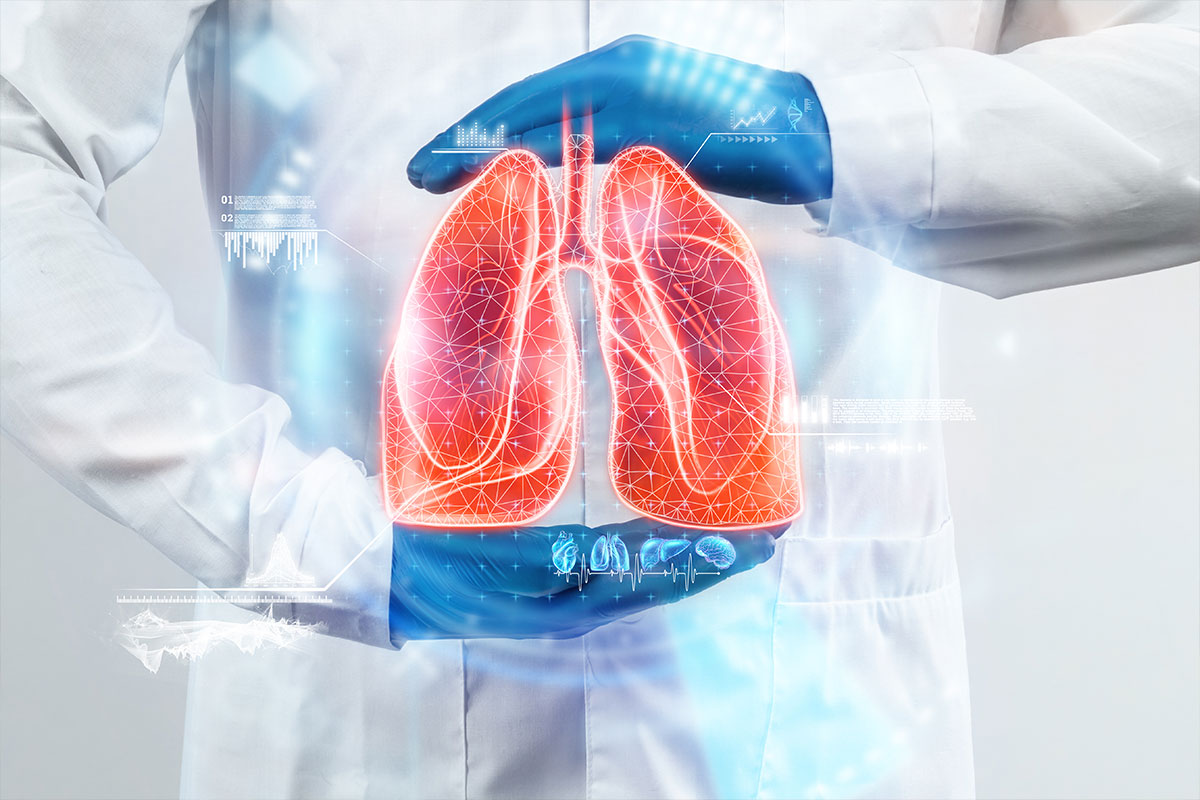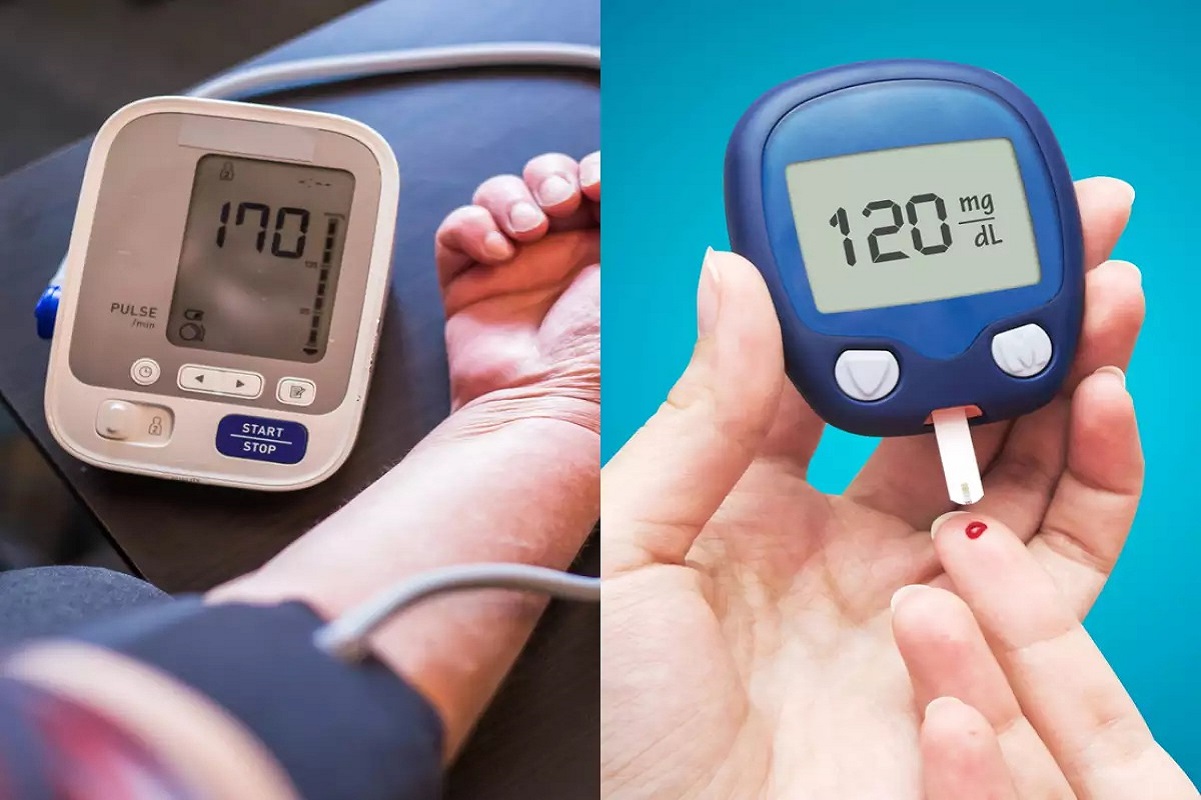
Special Interview with Dr Loveleen Mangla on Extracorporeal Membrane Oxygenation (ECMO)
By in
Mar 12, 2021
Q. What is ECMO?
Ans. ECMO is also known as Extracorporeal Membrane Oxygenation. It is a pump that withdraws blood from the body, oxygenates it and delivers it back to the body. It is a machine, used when lungs and/or heart are almost destroyed. It has also been used as a bridge therapy for patients awaiting a lung transplant.
Q. What are the types of ECMO?
Ans. There are mainly two types of ECMO – Veno-venous (VV) ECMO and Veno-arterial (VA) ECMO. VV ECMO withdraws blood from the veins and delivers it back in the veins. VV ECMO is used when only the lungs are damaged and the heart is functioning normally. VA ECMO is used when both lungs and heart are not functioning properly. It withdraws blood from veins and delivers it to arteries. Hence, it takes over the function of both lungs and heart.
Q. How does the ECMO machine works?
Ans. The machine is connected to the patient through plastic tubes called us cannula. These cannulas are inserted inside the large blood vessels of the body. These cannulas withdraw blood from the body and supply it to the oxygenator, which adds oxygen to the blood and removes carbon-di-oxide from the vessels. This blood is then sent back into the body by the pump, which forces the blood with the same force as of heart. A successful ECMO therapy requires a dedicate team effort.
Q. How does ECMO helps the patient getting better?
Ans. ECMO helps in providing support to the heart and lungs while healthcare workers treat the underlying disease or organs available for the transplant. ECMO per se doesn’t treat the disease but it provides required support to the damaged organs. ECMO machine can be used for hours to days as long as it is needed. ECMO has improved the survival of many severe critically ill patients.
Q. What are the complications of ECMO?
Ans. Some of the major complications associated with ECMO are:
- Bleeding – it can occur due to medications given to prevent clotting of the blood in the tubes. It can occur at the site of insertion of the cannula or any other body parts.
- Infections – can occur from the site of the insertion of the cannula. It can spread to the lungs and other body parts also.
- Stroke – It happens due to the formation of small clots which passes into the brain. These clots can cause permanent damage to the brain but most of them are recoverable. Kidney failure – It can occur due to decreased blood supply to the kidney. Sometimes, the patient may require dialysis.







